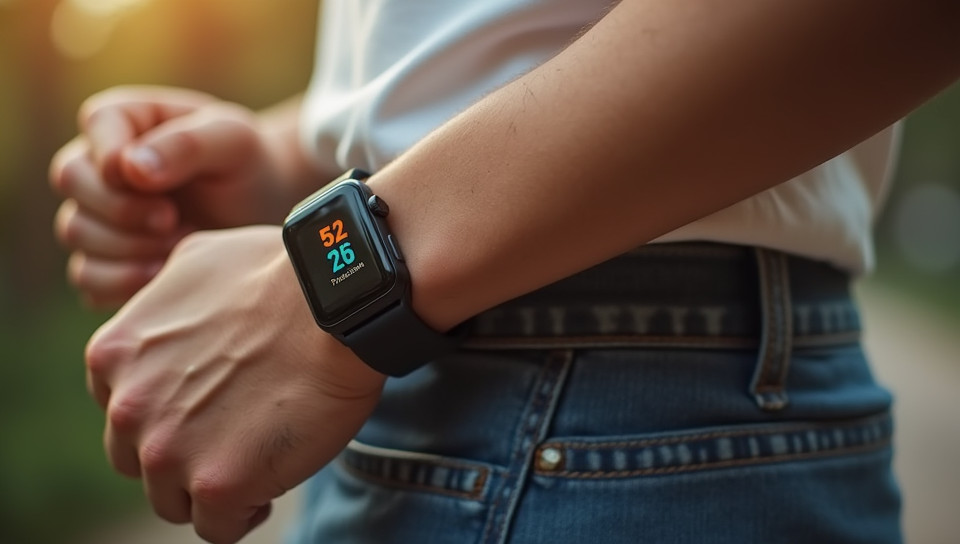Many fitness trackers include calorie burn estimations 77%

The Hidden Truth Behind Calorie Burn Estimations on Fitness Trackers
Have you ever found yourself scrolling through your fitness tracker's data, wondering how it could possibly be accurate? You've been logging your workouts and daily activities, but the calorie burn estimations seem too good (or bad) to be true. As it turns out, there may be more to these estimations than meets the eye.
What are Calorie Burn Estimations?
Calorie burn estimations on fitness trackers are based on algorithms that take into account various factors such as your weight, height, age, sex, and activity level. These estimates are then used to provide an idea of how many calories you've burned during a workout or daily activity.
How Accurate Are Calorie Burn Estimations?
The accuracy of calorie burn estimations can vary greatly depending on the fitness tracker's algorithm and your individual characteristics. Some studies have shown that these estimations can be off by as much as 20-30%. This is because algorithms are only as good as the data they're based on, and there may be biases or limitations in the data used to develop them.
Factors That Affect Calorie Burn Estimations
There are several factors that can affect the accuracy of calorie burn estimations, including:
- Your age
- Your weight
- Your height
- Your sex
- Your activity level (sedentary, lightly active, moderately active, very active)
- The type and intensity of your workout or daily activity
- Any underlying health conditions
What Can You Do to Improve the Accuracy of Calorie Burn Estimations?
While there's no way to guarantee 100% accuracy, you can take steps to improve the accuracy of calorie burn estimations on your fitness tracker. Here are a few tips:
- Make sure your fitness tracker is calibrated correctly for your body size and weight.
- Log your workouts and daily activities accurately and consistently.
- Take into account any changes in your activity level or workout intensity.
- Consider consulting with a healthcare professional to get a more accurate estimate of your calorie burn.
Conclusion
Calorie burn estimations on fitness trackers can be a useful tool for tracking progress and staying motivated, but it's essential to understand the limitations and potential biases involved. By being aware of these factors and taking steps to improve accuracy, you can make the most out of your fitness tracker's data and reach your health and wellness goals. Remember, it's not about achieving perfection – it's about making informed decisions that work best for you.
- Created by: Matías Meza
- Created at: Aug. 24, 2024, 11:35 p.m.
- ID: 8267







